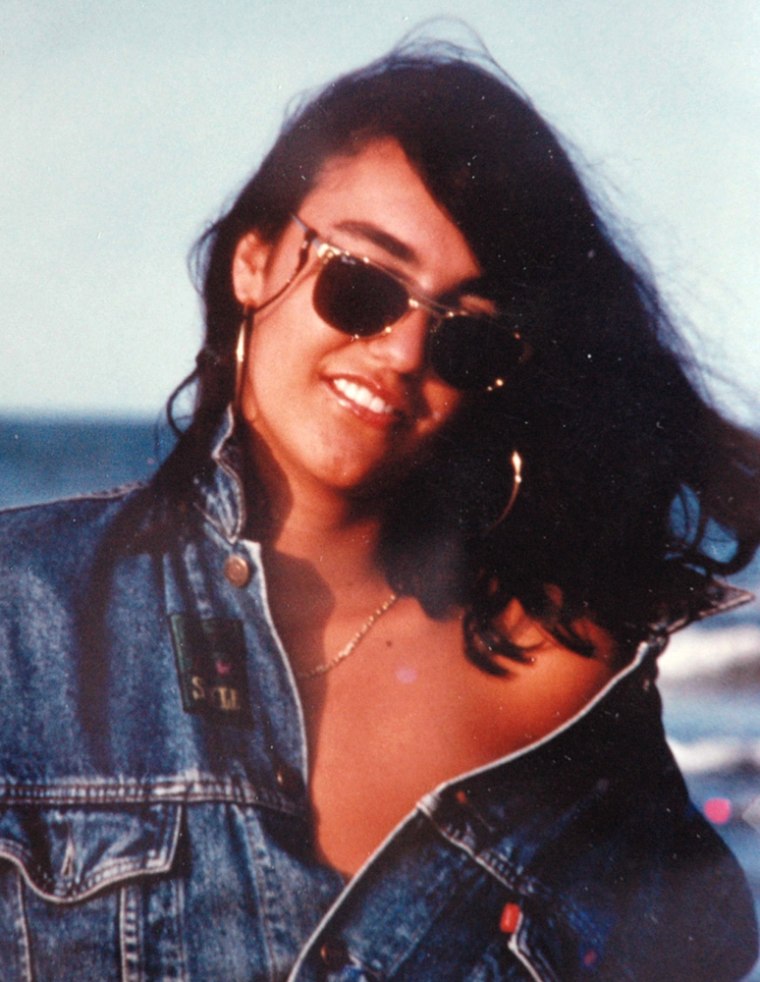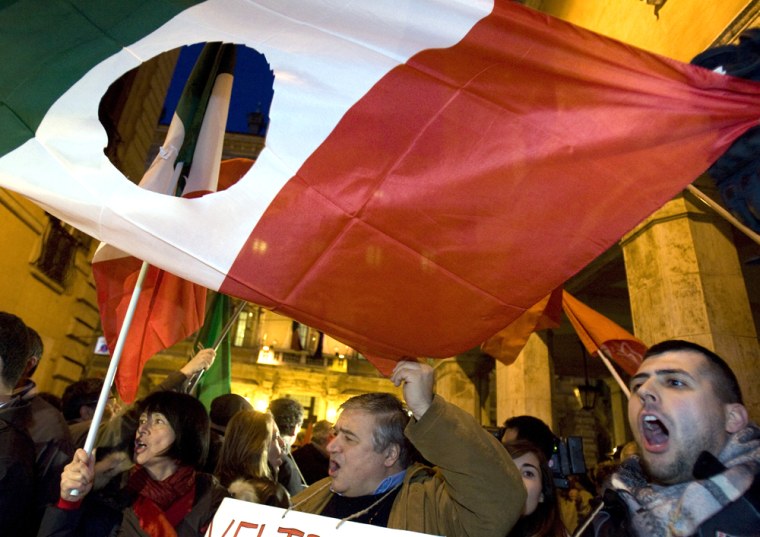The 38-year-old woman who ignited a fierce right-to-die debate that convulsed Italy and dragged in the Vatican died Monday just as lawmakers in Parliament rushed to pass a bill to keep her alive.
Eluana Englaro had been in a vegetative state since she was in a car accident 17 years ago. She died Monday night at the Udine clinic, where she had been for the past week, said family attorney Vittorio Angiolini.
"Yes, she has left us," the ANSA news agency quoted her father, Beppino Englaro, as saying. "But I don't want to say anything, I just want to be alone."
Englaro's doctors had said her condition was irreversible. Late last year, her father won a decade-long court battle to allow her feeding tube to be removed, saying that was her wish. In line with the high court ruling, medical workers on Friday began suspending her food and water.
But Italy's center-right government, backed by the Vatican, had pressed to keep her alive, racing against time to pass legislation prohibiting food and water from being suspended for patients who depend on them.
Senators who had been debating an emergency bill designed to keep her feeding tube in place observed a minute of silence Monday night when the news of her death was read out in the Senate chamber.
Officials vow to pass bill
Government officials vowed to pass the legislation even though it was too late to save Englaro.
"I hope the Senate can proceed on the established calendar so that this sacrifice wasn't completely in vain," Health Minister Maurizio Sacconi told the Senate minutes after the death was announced.
Englaro's case bitterly divided Italy, with proponents on both sides of the right-to-die debate staging daily demonstrations outside the Udine clinic in northeast Italy. Pope Benedict XVI spoke out several times in the past week about the dignity of every human life.
"May the Lord welcome her and pardon those who brought her to this point," ANSA quoted Cardinal Javier Lozano Barragan, the Vatican's top health official, as saying. But he ruled out excommunicating those involved in suspending Englaro's food and water.
Italy does not allow euthanasia but patients have a right to refuse treatment. There is no law, however, that allows patients to give advance directions on what treatment they want if they become too incapacitated to state their wishes.

Premier Silvio Berlusconi's government passed an emergency decree Friday to prevent Englaro from having her feeding tube disconnected. But the move led to a rare institutional crisis as the country's president, Giorgio Napolitano, rejected it on the grounds it defied court rulings.
The Englaro case has drawn comparisons with that of Terri Schiavo, the American woman who died in 2005 after an heated right-to-die debate.
Schiavo's feeding tube was removed in March 2005. Congress passed a bill to allow a federal court to review the Florida woman's case, and then-President George W. Bush returned from his Texas ranch to sign the bill into law. A federal judge refused to order the tube reinserted, a decision upheld by a federal appeals court and the Supreme Court.
